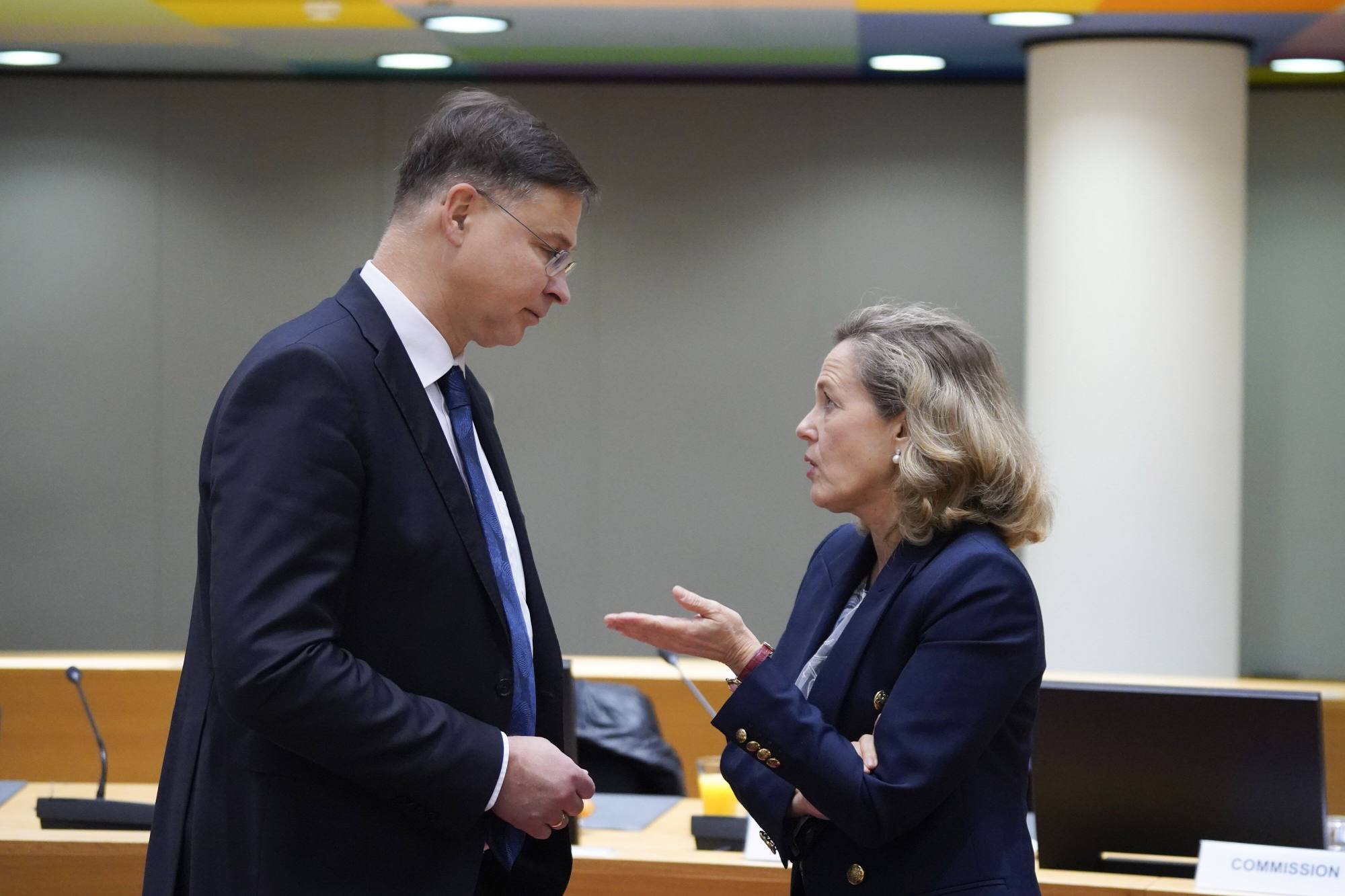“The EU and member states have a common interest in preventing the narrow set of technologies and know-how to leak to actors that will use them to enhance their military and intelligence capabilities and to undermine international peace and security.”
While Dombrovskis did not name China and the tools will be country-agnostic, they are broadly aimed at Beijing.
Commission President Ursula von der Leyen regularly links such measures to China in public addresses and announced plans for an outbound screening regime during a keynote speech on China in March.
There is a sense among insiders that major capitals are coming around to the need for outbound investment screening, having initially vowed that what was seen variously as a “power grab” by Brussels or another form of protectionism would progress “over our dead bodies”, said one well-placed source.
In addition to outbound screening, the commission plans to update its regulations on screening of inbound direct investment in January, in a bid to prevent critical assets such as infrastructure from being bought by hostile or monopolistic forces.
Dombrovskis also announced a proposal on export controls – another thorny area among member states, with power for using such tools currently resting in their capitals.
China’s stockpiling of ASML chip-making machines push imports past 2023 estimates
China’s stockpiling of ASML chip-making machines push imports past 2023 estimates
“We need to improve our collective effectiveness and coordination. We also need to reinforce the EU’s capacity to act as a global actor in a context where multilateral export control regimes are under pressure and where we see several unilateral controls being introduced on critical technologies or critical inputs,” he told the parliament session in Strasbourg.
While de-risking is widely panned as a form of decoupling by China, the commission has pledged to make it as narrow as possible.
It has identified 10 key technology sectors, including advanced semiconductors, quantum computing, and biotech, as priorities in its economic security strategy.
In these sectors the commission will complete joint risk assessments on “technology security and leakages” in the new year, Dombrovskis said, along with risk assessments into “supply chain dependencies, critical infrastructure, and on weaponisation of economic dependencies and economic coercion”.
Other elements of January’s legislative package will be a suite of options around dual-use technologies, and a proposal to educate researchers into the dangers of technology leakages.

January’s legislative package will include options that would support research into technologies with commercial and military applications, also known as dual-use technologies, and a proposal to educate researchers about the consequences of innovation leakages.
“While we achieved some acknowledgment from the Chinese leadership that trade should be balanced, our assessments of the causes of the imbalances differed significantly,” top EU diplomat Josep Borrell said in a blog post on Tuesday.
“Beijing views its trade surpluses as stemming from the innovative strength of Chinese industries and points to European export restrictions on advanced technologies, of which China would be willing to import more,” he said.
China’s electric vehicle exports to EU hit record level amid subsidy probe
China’s electric vehicle exports to EU hit record level amid subsidy probe
Earlier in the day, Dombrovskis ignored pleas from lawmakers to start negotiations with Taiwan over bilateral trade, investment, or supply chain resilience deals.
Without acknowledging the requests, the Latvian told the parliament that the EU would instead work on technical areas such as ensuring market access for European wind turbine makers and European meat products to the self-governed island.
Also on Tuesday, the parliament threw its full support behind the Critical Raw Materials, a piece of legislation aimed at weaning the union off its dependencies on China for key imports.
“Since the Russian war against Ukraine and an increasingly aggressive Chinese trade and industrial policy, cobalt, lithium and other raw materials have also become a geopolitical factor,” read a parliament press release.
The legislation was adopted with 549 votes to 43, with 24 abstentions and will enter into law once endorsed by member states.

